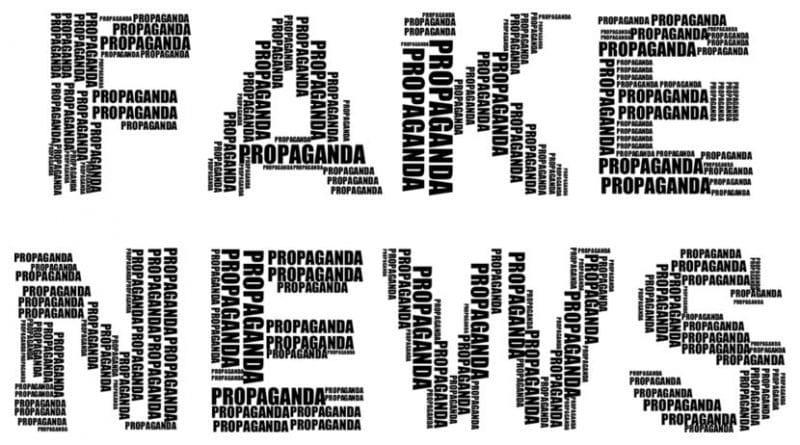Wishful Thinking On Fake News – OpEd
In a New York Times op-ed, Bryan W. Van Norden argues that the ignorant do not have a right to an audience. Van Norden says “The invincibly ignorant and the intellectual huckster have every right to express their opinions, but their right to free speech is not the right to an audience.”
Two of the “ignorant and intellectual hucksters” Van Norden calls out are Charles Murray and President Trump. I note this to suggest that Van Norden may lean to the left, politically, but I’m setting this observation aside as a curiosity to look at where his arguments ultimately lead.
Van Norden accurately says “The media are motivated primarily by getting the largest audience possible.” Yes, that is how they make their money. But, he argues, “Justice requires that, like any finite good, institutional access should be apportioned based on merit and on what benefits the community as a whole.”
He complains that for the most part, profit-oriented media outlets do not do this. What institution would be in a position to further justice as Van Norden sees it, by deciding what ideas merit media access for dissemination to an audience? Only government has the power to regulate the dissemination of ideas in the way Van Norden recommends.
But look where Van Norden’s argument leads. At the federal level, the White House and both Houses of Congress are controlled by Republicans. So, taking Van Norden’s argument to its logical extreme, it would be the Republican government that would decide what is fake news that deserves no audience, and the Republican government that would decide what ideas have merit and benefit “the community as a whole.”
The result, under the current government, would be to stifle left-leaning views, although under different circumstances (say, after President Obama’s election when Democrats controlled both Houses of Congress) the result would be to stifle right-leaning views. Van Norden does say it would be immoral and impractical to stifle right-wing views, but that’s where any implementation of his ideas points.
He says “There is a clear line between censoring someone and refusing to provide them with institutional resources for disseminating their ideas.” But the media provides people a forum for their views based on the audience that wants to hear them, something Van Norden criticizes.
Maybe what he means is that the media should be more discriminating in filtering out ideas that are clearly misguided, but if so, there is no real content to his message. The media already does filter out content they don’t want to feature content they do. The idea that a free press should focus more on the ideas he wants to have heard rather than the ideas Charles Murray or President Trump want to be heard is wishful thinking without the force of government to back it up.
I’m fairly confident that if asked directly, Van Norden would come out against government censorship in the dissemination of ideas. But that’s where his argument points, and without it, his recommendations amount to nothing more than wishful thinking. Unwittingly, with the current government, his arguments point toward a broader audience for the very ideas he says don’t deserve to be heard.
This article was published by The Beacon.

